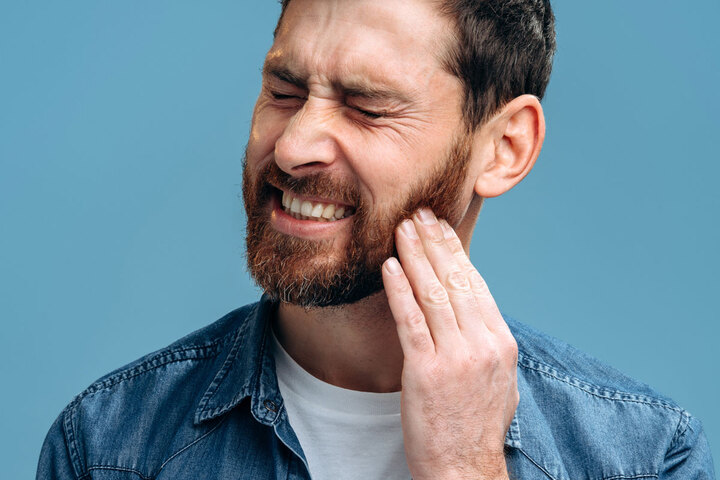
Today, we’re delving into a topic that many people may overlook or underestimate, what happens if cavities are left untreated.
We’ll explore the potential consequences of ignoring cavities, shedding light on the importance of early detection and treatment in a friendly and easy-to-understand tone.
1. Causes of Cavities
One of the primary causes of cavities is the consumption of sugary foods and beverages. When sugar interacts with the bacteria in plaque, it produces acids that weaken the enamel and promote decay.
Poor oral hygiene, inadequate brushing and flossing, can also contribute to cavity formation by allowing plaque to build up on the teeth.
2. Detecting Cavities

Detecting cavities early is crucial for preventing further damage to the teeth. Common signs of cavities include tooth sensitivity, pain when chewing, visible pits or holes in the teeth, and tooth discoloration.
Regular dental check-ups are essential for identifying cavities in their early stages when they are easier to treat.
3. Consequences of Untreated Cavities
Ignoring cavities can lead to worsening tooth decay and eventual tooth loss. As cavities progress, they can penetrate deeper layers of the tooth, reaching the nerve tissue and causing severe pain and discomfort.
Untreated cavities can also result in infections, abscesses, and even systemic health problems if bacteria enter the bloodstream.
4. Pain and Discomfort

One of the most common symptoms of untreated cavities is tooth pain. The severity of the pain can vary depending on the extent of decay and the presence of nerve involvement.
In some cases, the pain may be sharp and constant, while in others, it may come and go or worsen with pressure or temperature changes.
5. Treatment Options
Fortunately, cavities can be treated effectively, especially when detected early.
The most common treatment for cavities is dental fillings, which involve removing the decayed portion of the tooth and filling the cavity with a durable material such as composite resin or amalgam.
In more severe cases, root canal therapy or tooth extraction may be necessary.
6. Preventive Measures

Preventing cavities begins with practicing good oral hygiene habits, including brushing your teeth twice a day, flossing daily, and using fluoride toothpaste.
Additionally, reducing sugar intake, eating a balanced diet, and avoiding frequent snacking can help minimize the risk of cavities.
Regular dental check-ups are also essential for detecting and addressing any dental issues early on.
At Leila Hariri Dental Clinic (LHDM), we are committed to helping our patients maintain healthy smiles for life. Our team of experienced dentists and hygienists provides comprehensive dental care, including cavity prevention, detection, and treatment.
Through regular check-ups and personalized treatment plans, we strive to address cavities promptly and effectively, ensuring optimal oral health for our patients.
FAQs
1. What happens if cavities are left untreated?
Untreated cavities can lead to worsening tooth decay, pain, infections, and even tooth loss. It’s essential to address cavities promptly to prevent further damage to the teeth and gums.
2. What causes cavities?
Cavities are primarily caused by bacteria in the mouth that produce acids when they feed on sugars from food and drinks. Poor oral hygiene and sugary diets can increase the risk of cavity formation.
3. How to tell if you have a cavity?
Common signs of cavities include tooth sensitivity, pain when chewing, visible holes or pits in the teeth, and tooth discoloration. If you experience any of these symptoms, it’s essential to see a dentist for evaluation and treatment.
4. Can a cavity cause tooth pain?
Yes, untreated cavities can cause tooth pain, especially as the decay progresses and reaches the nerve tissue inside the tooth. The severity of the pain can vary depending on the extent of decay and individual sensitivity.
5. What is the best way to prevent cavities?
Practicing good oral hygiene, including brushing your teeth twice a day, flossing daily, and using fluoride toothpaste, is the best way to prevent cavities. Additionally, reducing sugar intake, eating a balanced diet, and visiting your dentist regularly for check-ups and cleanings can help maintain optimal oral health.


